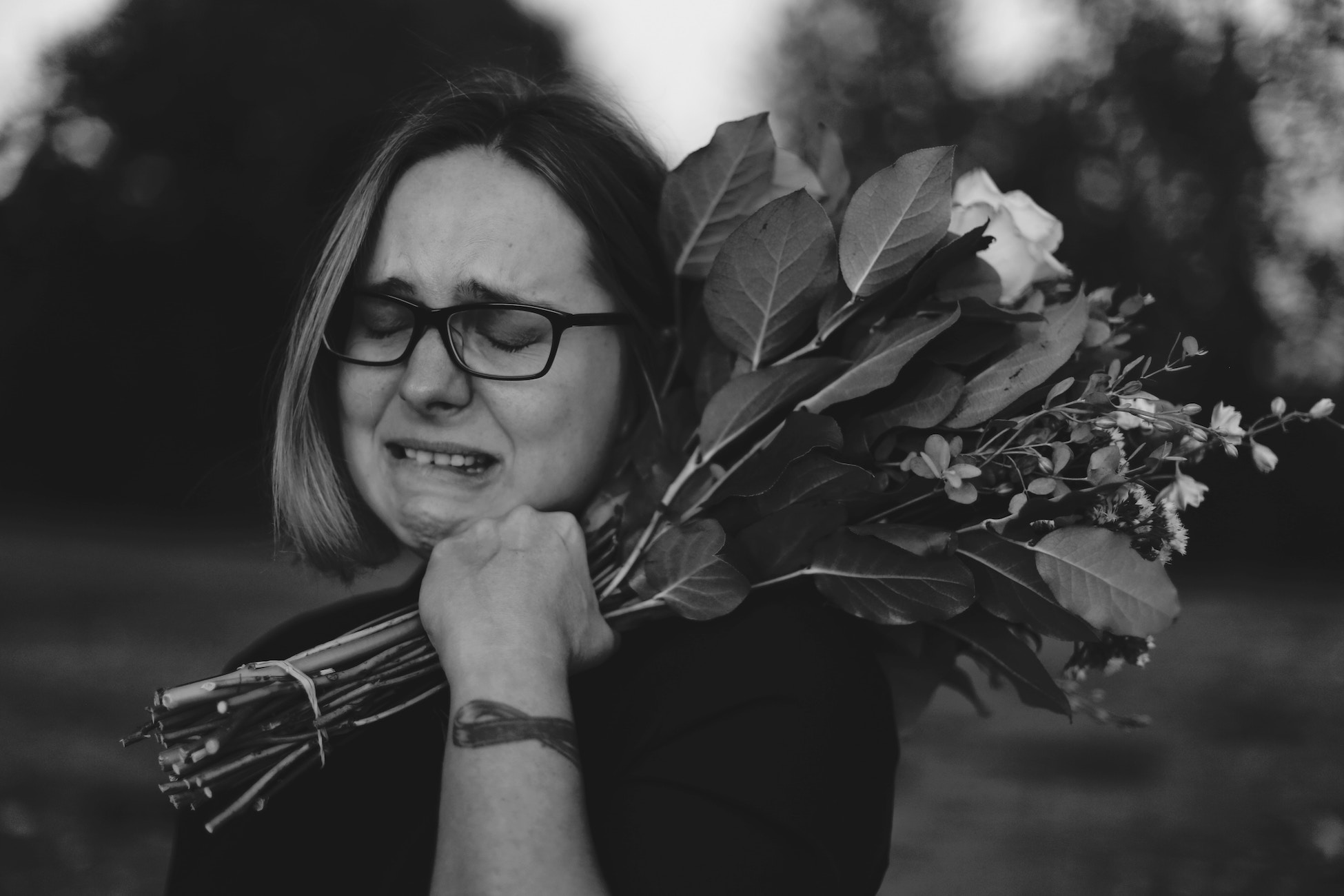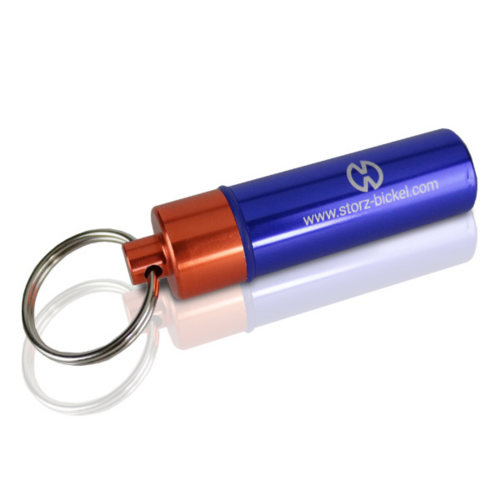Post-traumatic stress disorder (PTSD) is a mental health condition that’s triggered by a terrifying event either experiencing it or witnessing it.
- Normal Stress Response: occurs when healthy adults who have been exposed to a single discrete traumatic event in adulthood experience intense bad memories, emotional numbing, feelings of unreality, being cut off from relationships or bodily tension and distress.
- Acute Stress Disorder: characterized by panic reactions, mental confusion, dissociation, severe insomnia, suspiciousness, and being unable to manage even basic self care, work, and relationship activities.
- Uncomplicated PTSD: involves persistent reexperiencing of the traumatic event, avoidance of stimuli associated with the trauma, emotional numbing, and symptoms of increased arousal.
- Comorbid PTSD: usually associated with at least one other major psychiatric disorder such as depression, alcohol or substance abuse, panic disorder, and other anxiety disorders.
- Complex PTSD: found among individuals who have been exposed to prolonged traumatic circumstances, especially during childhood, such as childhood sexual abuse.
- serious road accidents
- violent personal assaults, such as sexual assault, mugging or robbery
- a traumatic birth
- prolonged sexual abuse, violence or severe neglect
- witnessing violent deaths
- military combat
- being held hostage
- terrorist attacks
- natural disasters, such as severe floods, earthquakes or tsunamis
- a diagnosis of a life-threatening condition
- an unexpected severe injury or death of a close family member or friend
Symptoms may develop during the first month after a traumatic event or delay months or even years before symptoms start to appear.
Intrusion:
- nightmares
- flashbacks and a sensation that the event is happening again
- fearful thoughts
Avoidance:
- refusing to discuss the event
- avoiding situations that remind the person of the event
Arousal and reactivity:
- difficulty sleeping
- irritability and angry outbursts
- hypersensitivity to possible dangers
- feeling tense and anxious
Mood and thinking:
- inability to remember some aspects of the event
- feelings of guilt and blame
- feeling detached and estranged from others and emotionally and mentally numbed
- having a reduced interest in life
- difficulty concentrating
- mental health problems, such as depression, phobias, and anxiety
9.2 percent of Canadians will suffer from PTSD in their lifetimes. There are some groups that are at higher risk of post-traumatic stress disorder than others:
- People in certain occupations—are at higher risk. A study out of the University of British Columbia found that emergency personnel such as doctors, nurses, paramedics and firefighters experience post-traumatic stress at twice the rate of the average population. In Canada, it is estimated that up to 10% of war zone veterans—including war service veterans and peacekeeping forces—will go on to experience post-traumatic stress disorder.
- Women—are twice as likely as men to be diagnosed with post-traumatic stress disorder. The reasons for this are unclear.
- Refugees—are at higher risk for post-traumatic stress disorder as a result of the stressful events that forced them to flee their homeland and the difficulties involved in moving to a new country.
- Aboriginal people—who attended residential schools have reported experiencing post-traumatic stress disorder as a result of the abuse that took place.
Cannabis Benefits
Researchers found that people with PTSD had lower levels of anandamide, an endogenous cannabinoid compound, compared to those who did not show signs of PTSD. By replenishing these missing endocannabinoids with those found in cannabis, researchers think marijuana pharmaceuticals might bring PTSD patients relief from their memories.
“Scientists have determined that normal CB-1 receptor signaling deactivates traumatic memories and endows it with the gift of forgetting,” Lee said, “But skewed CB-1 signaling, due to endocannabinoid deficits (low serum levels of anandamide), results in impaired fear extinction, aversive memory consolidation, and chronic anxiety, the hallmarks of PTSD.”
Best Strains
- Indica dominant to avoid paranoia
What Women Say
PTSD is like a bad dream. But with the help of marijuana, I feel relaxed.
“Cannabis is associated with reductions in PTSD symptoms in some patients, and prospective, placebo-controlled study is needed to determine efficacy of cannabis and its constituents in treating PTSD.”
“Using compounds derived from cannabis to restore the body’s own endocannabinoid function, could potentially help stabilize moods and ease depression, significant improvement was observed on seven of the 12 items of the PTSD scale.”










